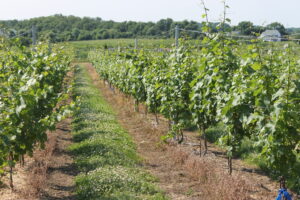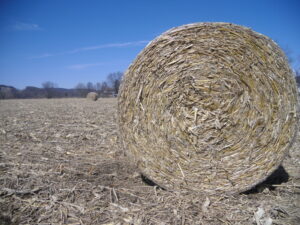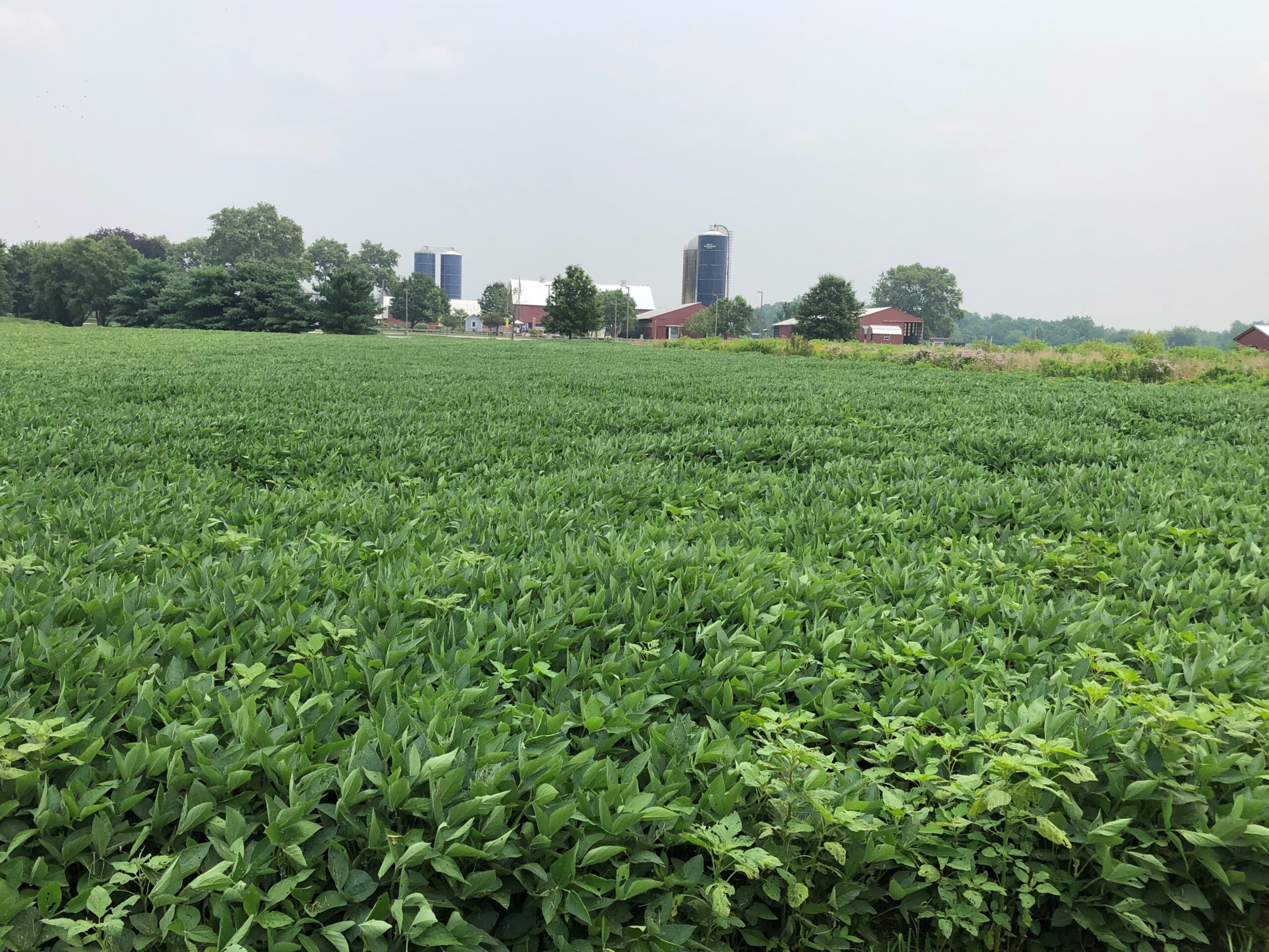Sweet Corn
European corn borer (ECB) moth catches are largely unchanged; remaining at low levels throughout the state. Only occasional feeding in sweet corn has been detected by field personnel.
The highest nightly trap catches of ECB for the week ending 08/24/22 are as follows:
| Dayton 1 | Matawan 1 |
| East Vineland 1 | New Egypt 1 |
| Farmingdale 1 | Pennington 1 |
| Folsom 1 | Princeton 1 |

 ave an idea you would like to try on your farm that is related to sustainable agriculture?
ave an idea you would like to try on your farm that is related to sustainable agriculture?  Here is a checklist of questions to ask and sellers to answer to ensure the fodder purchased is fit for livestock consumption and priced accordingly.
Here is a checklist of questions to ask and sellers to answer to ensure the fodder purchased is fit for livestock consumption and priced accordingly.
